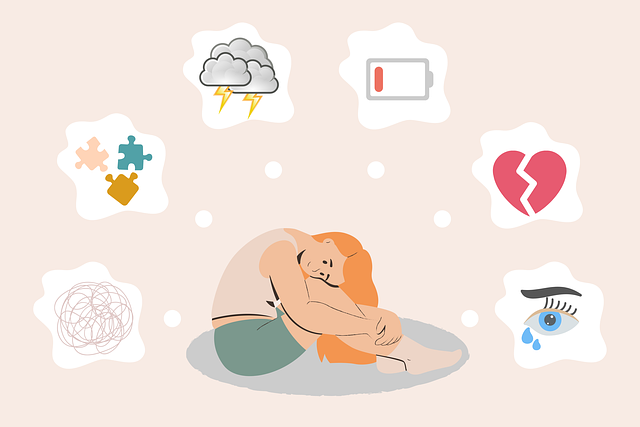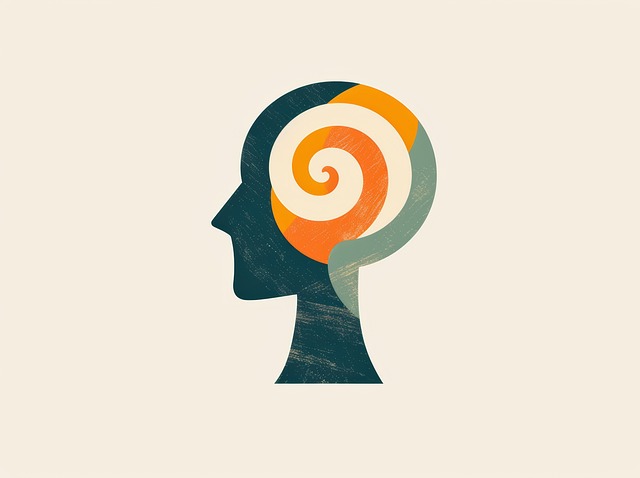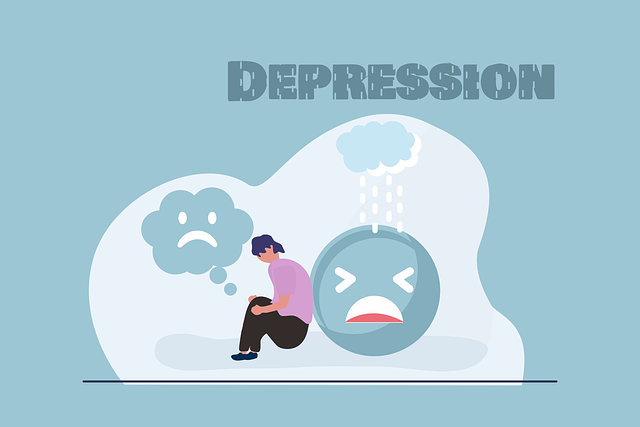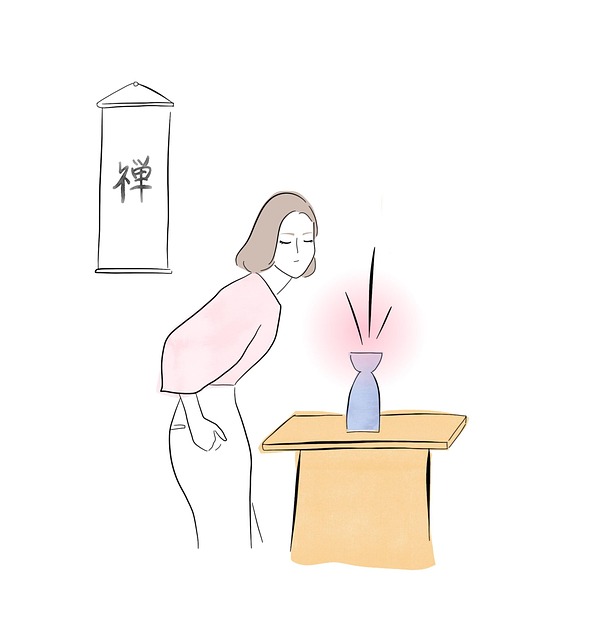Lafayette Biofeedback Therapy offers impactful stress management workshops that blend mindfulness techniques, relaxation exercises, and crisis intervention guidance, delivered by experienced facilitators who conduct thorough mental health risk assessments. Through interactive activities, group discussions, and hands-on practices, participants actively engage with practical tools for stress reduction. Regular feedback mechanisms ensure continuous improvement, transforming journeys towards mental well-being. Post-workshop success is evaluated using pre/post assessments, feedback forms, and follow-up interviews, with refresher sessions, online resources, and peer support networks integrated to ensure long-term benefits. Cultural competency training addresses diverse needs, promoting inclusive stress management practices for a healthier community.
Stress management workshops are powerful tools for organizations to support employee well-being. This comprehensive guide explores how to design and implement effective programs, incorporating Lafayette Biofeedback Therapy techniques. We delve into planning strategies, from identifying target audiences to choosing suitable venues. Additionally, we cover practical steps for executing engaging sessions, evaluating outcomes, and ensuring long-term success. Discover how these workshops can revolutionize your organization’s approach to stress relief and employee satisfaction.
- Planning and Designing Effective Stress Management Workshops
- Implementing Lafayette Biofeedback Therapy Techniques
- Evaluating and Sustaining Workshop Success
Planning and Designing Effective Stress Management Workshops

When planning and designing effective stress management workshops, it’s crucial to understand the diverse needs of participants. At Lafayette Biofeedback Therapy, we tailor our programs to offer a blend of evidence-based Stress Reduction Methods, including mindfulness techniques, relaxation exercises, and Crisis Intervention Guidance. Our experienced facilitators conduct thorough Risk Assessments for Mental Health Professionals to ensure safe and supportive learning environments.
Workshop design should incorporate interactive activities, group discussions, and hands-on practices to engage participants actively. By combining theoretical knowledge with practical applications, attendees gain tangible tools to manage stress effectively. Regular feedback mechanisms, such as polls, breakout sessions, and reflection exercises, allow for continuous improvement and customization of content based on real-time needs, ensuring a transformative experience tailored to each participant’s journey towards mental well-being.
Implementing Lafayette Biofeedback Therapy Techniques

Implementing Lafayette Biofeedback Therapy techniques offers a powerful tool for managing stress within workshops. This non-invasive approach leverages the body’s natural responses to help individuals gain control over their physiological reactions, fostering a sense of calm and reducing tension. By teaching participants how to monitor and regulate heart rate, muscle tension, and other biofeedback signals, these workshops empower them to manage stress in real-time.
Through mindfulness meditation techniques integrated with Lafayette Biofeedback Therapy, workshop attendees can develop inner strength and cultivate positive thinking. This holistic approach enables individuals to not only react calmly under pressure but also to reframe stressful situations, promoting better mental health and overall well-being.
Evaluating and Sustaining Workshop Success

After conducting stress management workshops through Lafayette Biofeedback Therapy, evaluating and sustaining success is paramount. Measuring the effectiveness of the program involves assessing participants’ improvements in coping skills development. This can be done through pre- and post-workshop assessments, participant feedback forms, and follow-up interviews. By comparing initial stress levels with post-workshop measurements, facilitators can gauge the tangible impact on attendees’ mental health.
To ensure sustained success, it’s crucial to integrate continuous learning and support mechanisms. Regular refresher sessions, online resources, and peer support networks can help reinforce coping skills acquired during the workshops. Additionally, healthcare provider cultural competency training should be incorporated to address diverse participant needs and promote inclusive stress management practices. This holistic approach not only enhances individual well-being but also contributes to a broader risk assessment for mental health professionals, fostering a healthier and more resilient community.
Stress management workshops, with a focus on Lafayette Biofeedback Therapy techniques, offer a powerful tool for personal well-being. By combining careful planning, practical therapy methods, and thoughtful evaluation, these sessions can significantly enhance participants’ ability to navigate life’s challenges. This structured approach not only provides immediate relief from stress but also equips individuals with lasting strategies for long-term resilience. Incorporating Lafayette Biofeedback Therapy into workshop curricula ensures a holistic and effective experience that benefits both mind and body.










